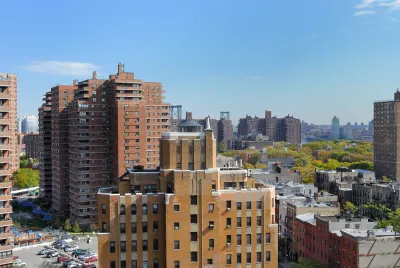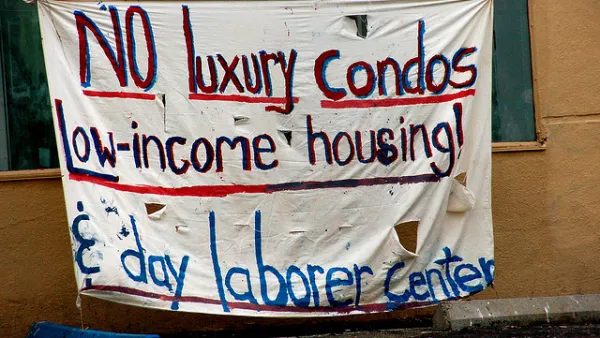New research shows that there is no overall shortage of housing units, but all U.S. metropolitan areas face a severe lack of affordable units for low-income renters.

A study from the University of Kansas reveals that the United States housing market doesn’t lack supply overall, but suffers from a dearth of affordable units for very low-income households in all of the nation’s markets.
The study “examined U.S. Census Bureau data from 2000 to 2020 to compare the number of households formed to the number of housing units added to determine if there were more households needing homes than units available.” According to the authors, “only four of the nation’s 381 metropolitan areas experienced a housing shortage in the study time frame, as did only 19 of the country’s 526 "micropolitan" areas — those with 10,000-50,000 residents.”
According to the authors, stemming the housing crisis requires that policymakers address low incomes and high housing costs, not just supply. The study found that “from 2000 to 2020, housing production exceeded the growth of households by 3.3 million units. The surplus from 2000 to 2010 more than offset the shortages from 2010 to 2020.” However, almost all metropolitan areas have a shortage of units available to the lowest-income renters.
The study shows that the vacancy rate at the end of 2020 was 9.7 percent, with almost 14 million units available. The authors note that “Of course, there are many factors that determine if a vacant is truly available; namely, if it is physically habitable and how much it costs to purchase or rent the unit.” Professor Kirk McClure adds, “There are also considerations over a family’s needs such as an adequate number of bedrooms or accessibility for individuals with disabilities, but the number of homes needed has not outpaced the number of homes available.”
The authors conclude, “Helping people afford the housing stock that is available would be more cost effective than expanding new home construction in the hope that additional supply would bring prices down.”
FULL STORY: Study finds US does not have housing shortage, but shortage of affordable housing

Analysis: Cybertruck Fatality Rate Far Exceeds That of Ford Pinto
The Tesla Cybertruck was recalled seven times last year.

National Parks Layoffs Will Cause Communities to Lose Billions
Thousands of essential park workers were laid off this week, just before the busy spring break season.

Retro-silient?: America’s First “Eco-burb,” The Woodlands Turns 50
A master-planned community north of Houston offers lessons on green infrastructure and resilient design, but falls short of its founder’s lofty affordability and walkability goals.

Test News Post 1
This is a summary

Analysis: Cybertruck Fatality Rate Far Exceeds That of Ford Pinto
The Tesla Cybertruck was recalled seven times last year.

Test News Headline 46
Test for the image on the front page.
Urban Design for Planners 1: Software Tools
This six-course series explores essential urban design concepts using open source software and equips planners with the tools they need to participate fully in the urban design process.
Planning for Universal Design
Learn the tools for implementing Universal Design in planning regulations.
EMC Planning Group, Inc.
Planetizen
Planetizen
Mpact (formerly Rail~Volution)
Great Falls Development Authority, Inc.
HUDs Office of Policy Development and Research
NYU Wagner Graduate School of Public Service




























